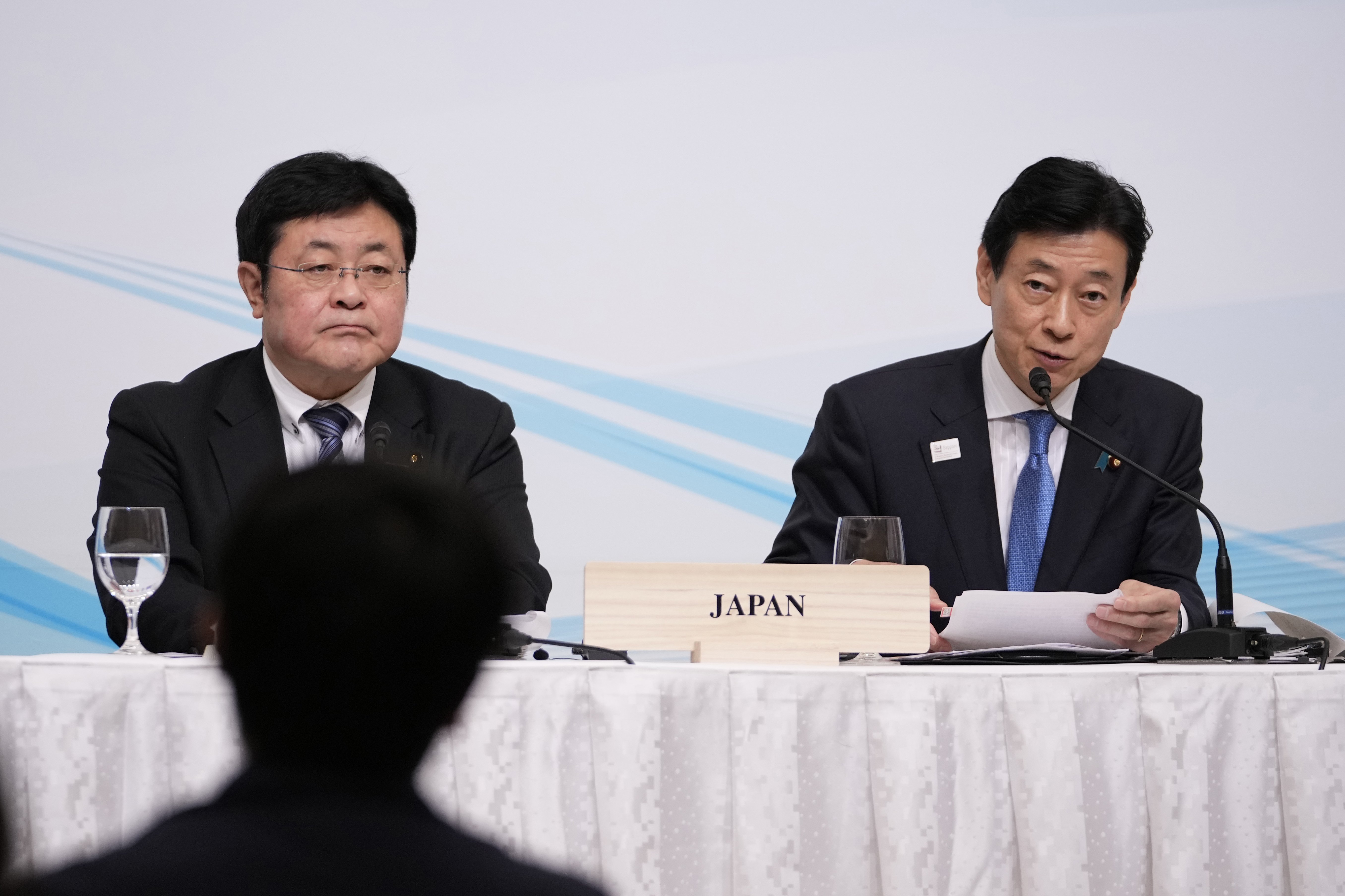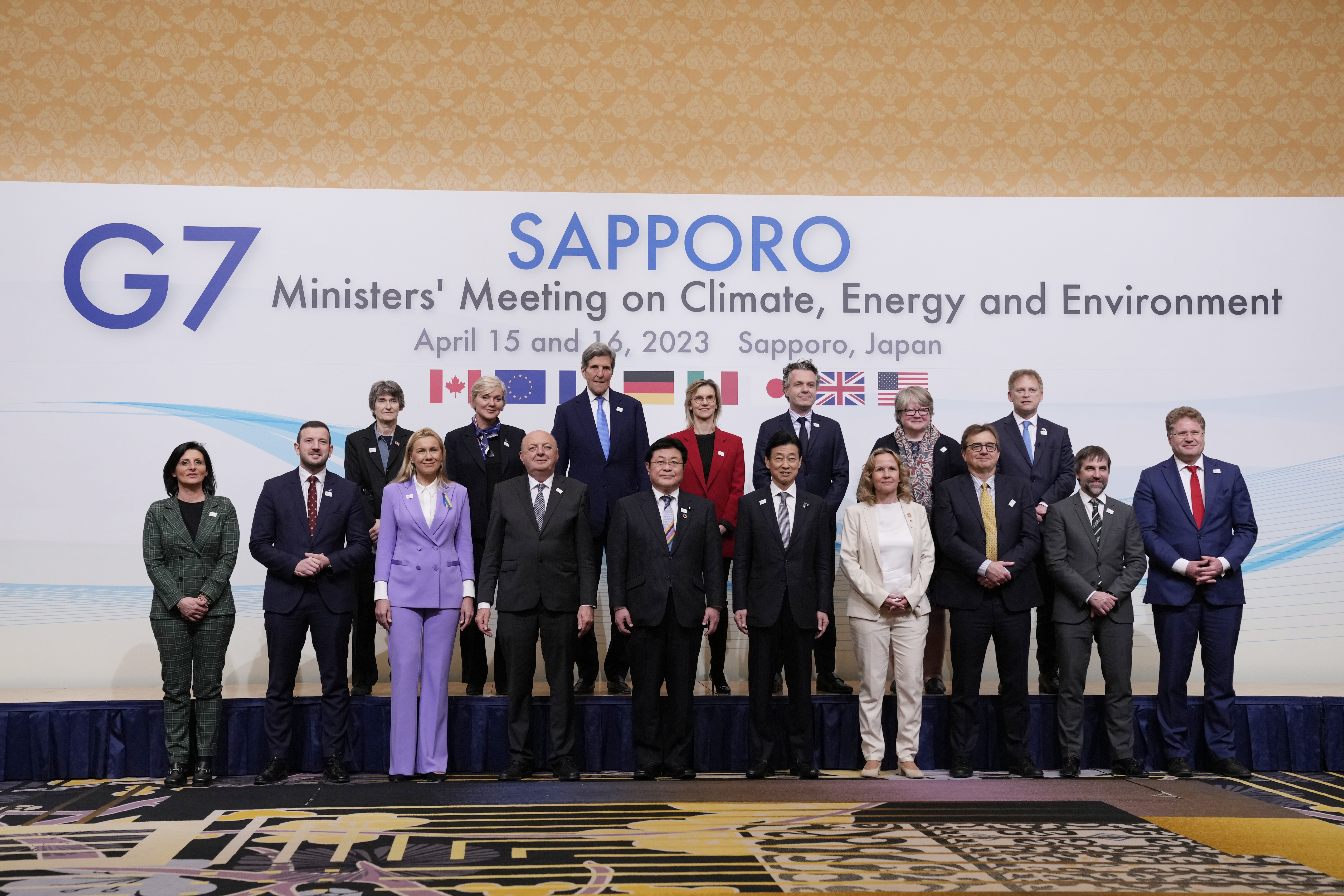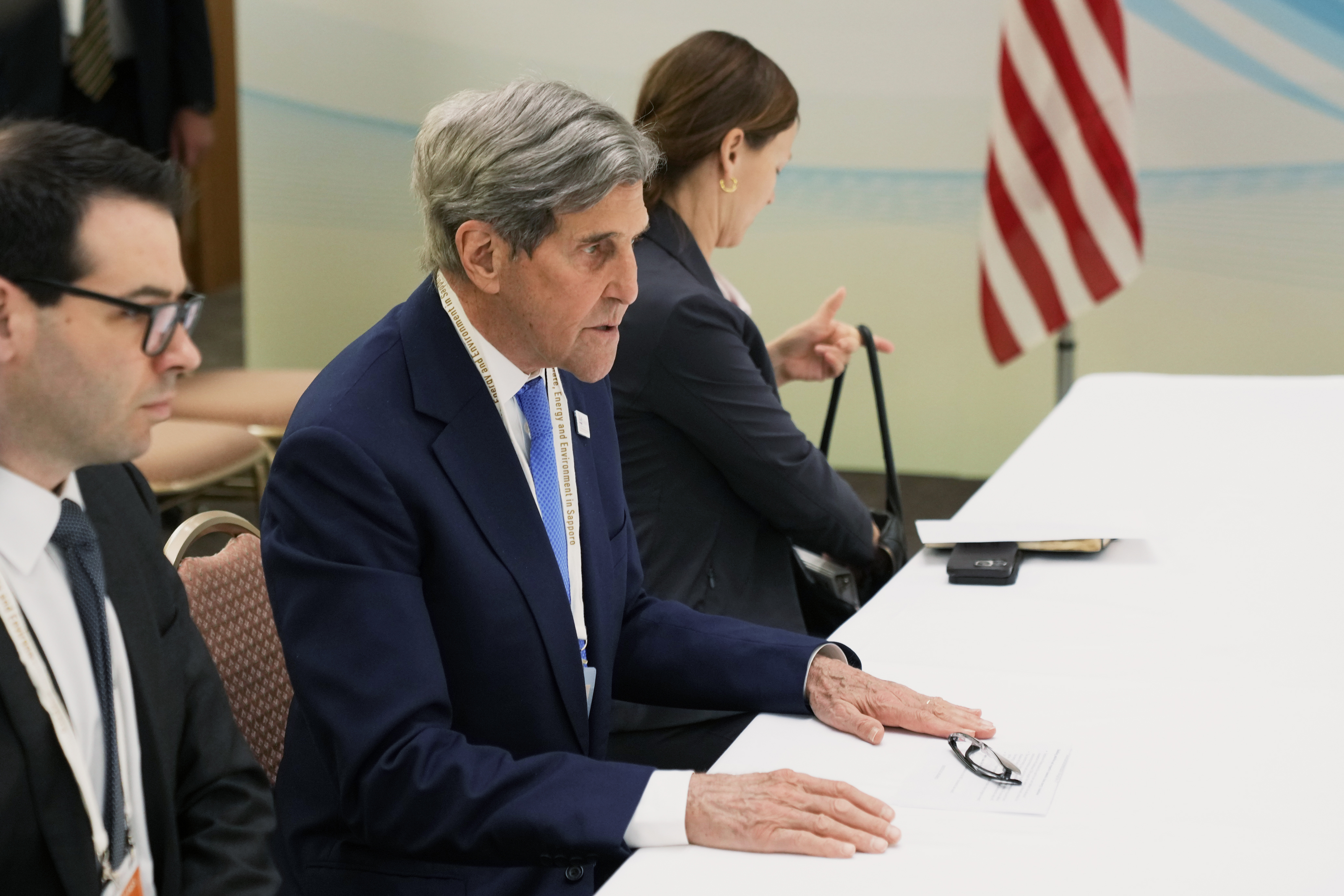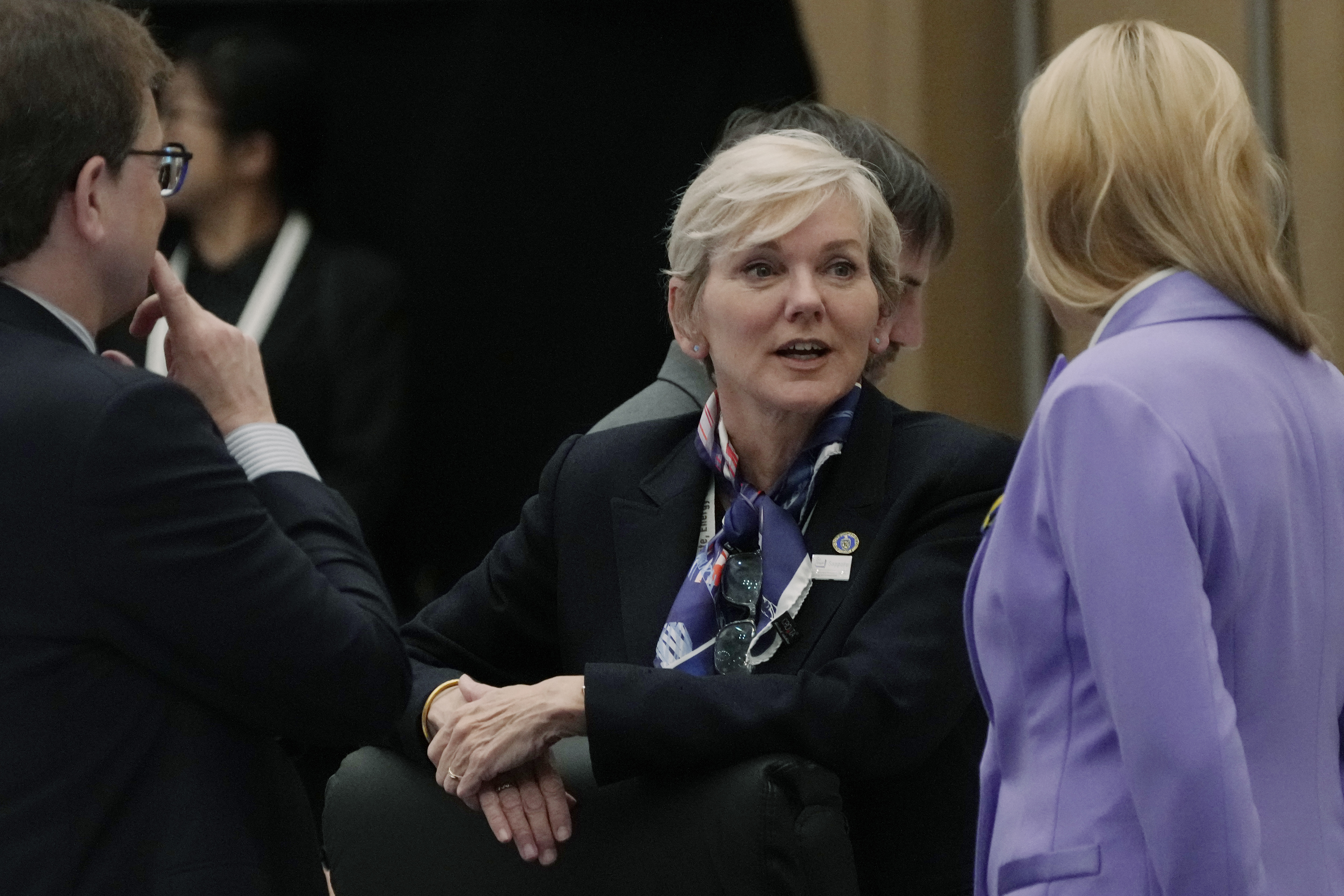Energy and environment ministers of the Group of Seven wealthy nations have vowed to work to hasten the shift toward cleaner, renewable energy, but set no timetable for phasing out coal-fired power plants as they wrapped up two days of talks in the northern Japanese city of Sapporo.
The officials on Sunday issued a 36-page communique laying out their commitments ahead of a G7 summit in Hiroshima in May.
Japan won endorsements from fellow G7 countries for its own national strategy emphasising so-called clean coal, hydrogen and nuclear energy to help ensure its energy security.
READ MORE: Juveniles riot at Casuarina Prison, injuring six guards
"Recognising the current global energy crisis and economic disruptions, we reaffirm our commitment to accelerating the clean energy transition to net-zero greenhouse gas (GHG) emissions by 2050 at the latest," the communique says.
"We call on and will work with other countries to end new unabated coal-fired power generation projects globally as soon as possible to accelerate the clean energy transition in a just manner," the document says.
The leaders reiterated the need to urgently reduce carbon emissions and achieve a "predominantly decarbonised power sector" by 2035.
They also stressed the importance of ensuring supplies of critical minerals, used in many high-tech products, are stable and conform to high social and environmental standards.
"I believe that we were able to demonstrate to the international community that our commitment to climate change and environmental issues is unwavering, even in the context of the situation in Ukraine," Akihiro Nishimura, Japan's environment minister, said after the talks ended.
The stipulation that countries rely on "predominantly" clean energy by 2035 leaves room for continuation of fossil-fuel fired power.
READ MORE: Customers of collapsed building firm in tears at protest
But the ministers agreed to prioritise steps toward phasing out "unabated" coal power generation — plants that do not employ mechanisms to capture emissions and prevent them from escaping into the atmosphere.
US Special Presidential Envoy for Climate John Kerry said the meetings were "really constructive"
"I think the unity for the goal that was expressed of phasing out unabated fossil fuels is a very important statement," Kerry said in an interview with The Associated Press.
READ MORE: Teen charged after alleged gunpoint robbery on Sydney's Northern Beaches
The call to action comes as China and other developing countries step up demands for more help in phasing out fossil fuels and stabilising energy prices and supplies amid disruptions from Russia's war on Ukraine.
The issue of setting a timeline for phasing out coal-fired power plants is a longstanding sticking point.
Japan relies on coal for nearly one-third of its power generation and is also promoting the use of so-called clean coal, using technology to capture carbon emissions, to produce hydrogen — which produces only water when used as fuel.
The G7 nations account for 40 per cent of the world's economic activity and a quarter of global carbon emissions.
Their actions are critical, but so is their support for less wealthy nations often suffering the worst effects of climate change while having the fewest resources for mitigating such impacts.
READ MORE: NT Senator Jacinta Price calls for federal takeover of child protection
Emissions in advanced economies are falling, though historically they have been higher — the United States alone accounts for about a quarter of historic global carbon emissions — while emerging markets and developing economies now account for more than two-thirds of global carbon emissions.
The communique highlighted the need to cut carbon emission by around 43 per cent by 2030, and 60 per cent by 2035, relative to the 2019 level. It also reaffirmed the G7 commitment to ending fossil fuel subsidies by 2025.
The president-designate for the next United Nations climate talks, the COP28, who was also attending the talks in Sapporo, issued a statement urging G7 nations to increase financial support for developing countries' transitions to clean energy.
"We must make a fairer deal for the Global South," said Sultan Al Jaber of the United Arab Emirates
"Not enough is getting to the people and places that need it most."
Sign up here to receive our daily newsletters and breaking news alerts, sent straight to your inbox.







